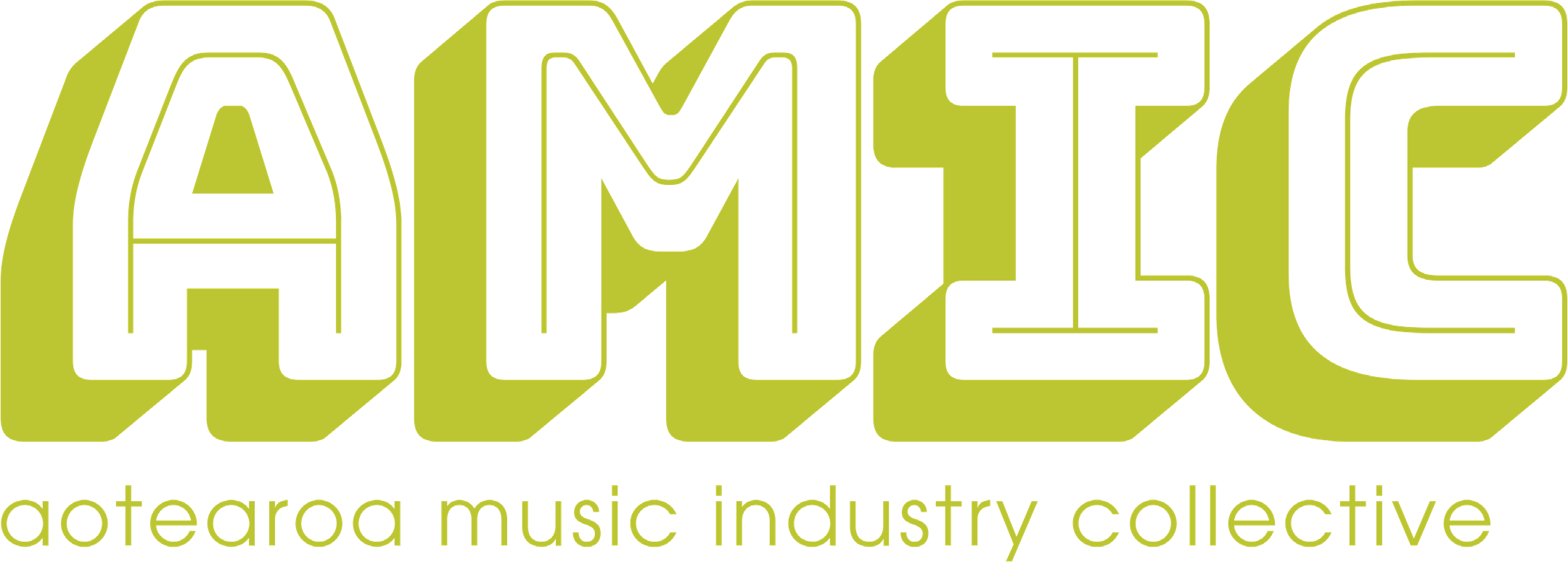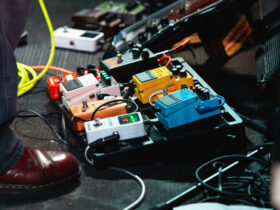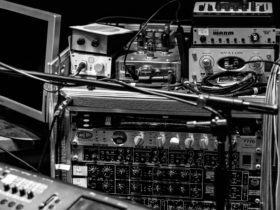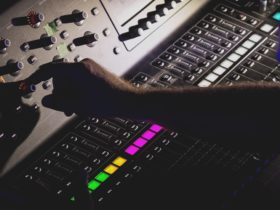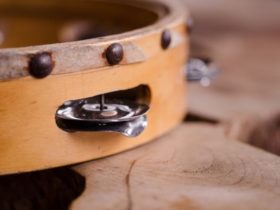Written by Ryan Kershaw.
Appreciation of others helps to understand from their point of view, and in many cases empathise with feelings put across. Often this will see better communication between parties, creating a stronger opportunity for growth, learning and a positive outcome.
Thinking of this, I have written this column to highlight the benefits of music appreciation and suggest some ways in which one might encourage better music appreciation in classrooms, industry associations and beyond.
Seeing ‘music appreciation’ as gaining insights and understanding into background, practices, philosophies and breakthroughs of other genres, artists and musical innovations, by way of research and experimentation in a practical sense; I will focus mostly on ‘appreciating genres outside of one’s usual taste or preference’.
Let’s look at the benefits of healthy music appreciation first, and then I will give you some ideas for ways to open minds to the topic. As we all know, in group situations a tendency to be swayed by the less positive members of a group can often arise from ignorance or a lack of understanding. This is not just a tendency held by youth, though let’s focus on the positive here ourselves!
Benefits of Music Appreciation
Self-confidence in Honesty
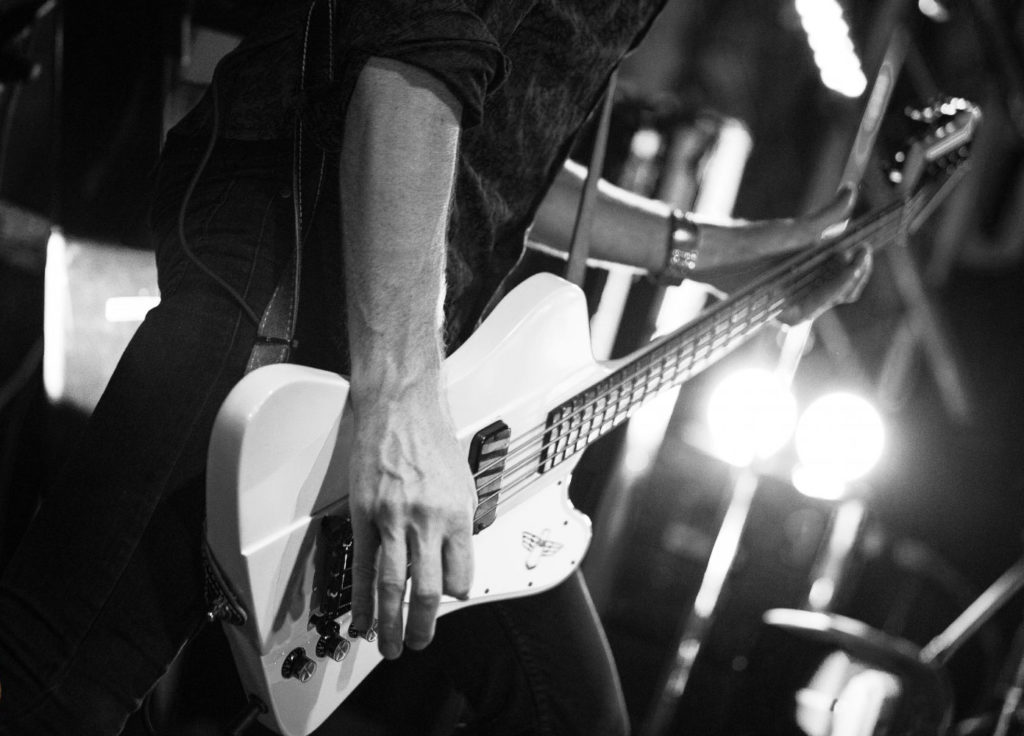
Effective communication plays an important part in music – communicating the point or intention of a song, communication between group members, and “communication” in the energy of musician and recording and/or audience. It also encourages honest communication of ones likes and dislikes. In group situations, especially in the early years, people can go with the crowd or even disregard anything outside of one style, because it gives them an identity to cling to – for better or for worse. An appreciation (see below for difference between liking and appreciating) of different music genres can lead to security in having an open mind, rather than being totally self-defined by one subculture or group. Having a student understand that it’s okay to like different things outside of the norm (or in the norm for those who are afraid to admit they like some mainstream music) can be an extremely powerful thing for them.
Learn More!
Just as sports players can increase their skills more by not just playing, but by learning about the great players before them and the techniques and strategies that they used; musicians gain so much by studying and observing the works of others – especially if they can open their minds to sights and sounds that they haven’t heard before.
A Life-long Skill
Music Appreciation can instigate a desire for continuous learning and eliminate the “I already know everything that is good” attitude. As with the point above, this benefit of ‘appreciation’ is applicable to any art form, business, practice or industry.
Empathy and Compassion in Everyday Living
Understanding that it is okay for others to be different brings a maturity to one’s songwriting and a willingness to try new ideas. In saying that – if pulling the middle finger to the world is more your cup of tea, that’s fine too; it is all art. You will find though, that in most cases more can be done by supporting what you love rather than focusing on what you despise.
Music Appreciation starts with being aware that people that are different to you have made some awesome things. That is just the beginning…
“An appreciation of different music genres can lead to security in having an open mind”
Ways to encourage music appreciation
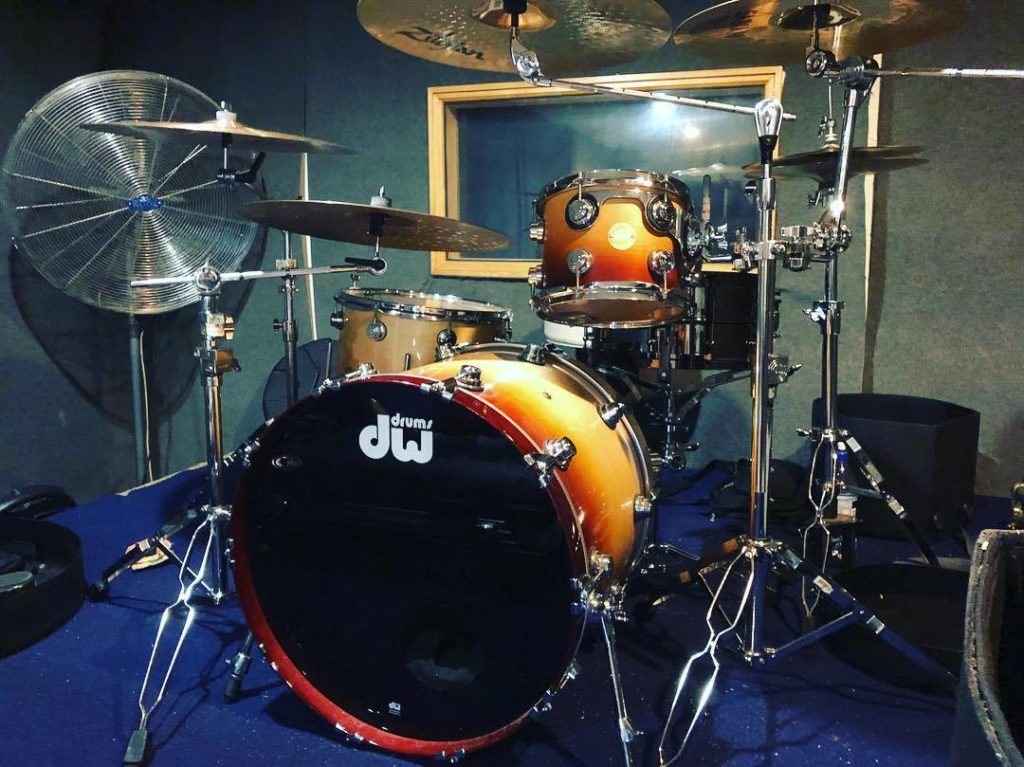
I understand that it can be ‘tricky’ to explain or get across the benefits of music appreciation to groups – especially in some high school classrooms. Here are some ideas and ways that I have used in my teaching that have been successful for me leading students to the ‘aha!’ moments and in turn seeing them share that open-minded spirit towards music with others:
Share the story behind the subject
I remember observing a painting that my friend made one day. I thought it was good, but when they explained the meaning behind it and what it represented – I literally saw things that I didn’t see in the picture before. Understanding the picture gave it so much more depth to me and actually affected my response to it. The same can be done with music. Contemporary rock, for example, generally stems from the blues and folk… and what were those two genres based around? Storytelling. Music and Art is made from storytelling and once listeners know the story… they might just be able to relate that little bit closer or be affected more deeply.
Trace the lineage
Open their minds and show them that Grandad knew what feedback was too. Not only that – he used it like a m**therf**ker (Except he didn’t censor everything back then).
There is often frustration amongst teachers of students not wanting to learn, because of one reason: The teacher is trying to explain a point with an example of music that the teacher understands, rather than starting with what the student likes first. If you engage the students interest by showing them an example of how their favourite artist incorporates the theory being taught, you then have more chance of opening that students mind to other styles, eras, theory and approaches to music.
An easy and fun way to do this is to trace the lineage of said student’s heroes. For example if they like Rock but tell you they think ‘Blues sucks’, you can show them how Slash was influenced by Joe Perry, who was influenced by Jimmy Page – the guitarist in Led Zeppelin. Jimmy Page was in a band called the Yardbirds before Led Zeppelin, and the Yardbirds also featured guitarists Jeff Beck and Eric Clapton.
All of the guitarists mentioned above have been influenced by, and have covered, blues artists – and The Yardbirds covered Train Kept A-rollin’ by Tiny Bradshaw which was a jump-blues song. Aerosmith, years later, also covered the song in homage to their heroes.
Demonstrate links between genres
As mentioned before, often young musicians can get locked into identifying themselves as belonging to a subculture or music style. While a bit of this is healthy, doing so to the detriment of continuing to develop is unnecessary and limiting. If you identify as a metalhead but like a pop song – say so! It’s all good. If you are an MC but want to wear a smoker’s jacket and listen to classical music – go for it. Be YOU!
Genres are more closely linked than at first glance anyway. Take metal for example. As a young metalhead, I disliked classical music, or at least thought that I did. Once I started to see the links between genres however, I gained a new appreciation for classical music (which was only strengthened by experiencing an orchestral performance LIVE).
Ritchie Blackmore and the band that he was in, Deep Purple, are often considered to be pioneers of the Heavy Metal genre (although their own term for what they play is probably different). Regardless, you can hear a difference between the guitar playing in the music of Black Sabbath and Led Zeppelin – fellow pioneers of hard rock/heavy metal – and Deep Purple. Tony Iommi from Sabbath and Jimmy Page from Led Zep both had a strong blues influence in their playing, that you can hear in the string bends and pentatonic phrases of their soloing. Blackmore on the other hand, was more strongly influenced by classical music – which is reflected in his ‘Vivaldi-esque’ pedal-note ostinatos and use of modes in his playing.
Interestingly the influence of Jazz on the drummers of all bands had a big effect on the sound of those early rock bands too.
“Once listeners know the story… they might just be able to relate that little bit closer”
Get to play over different styles
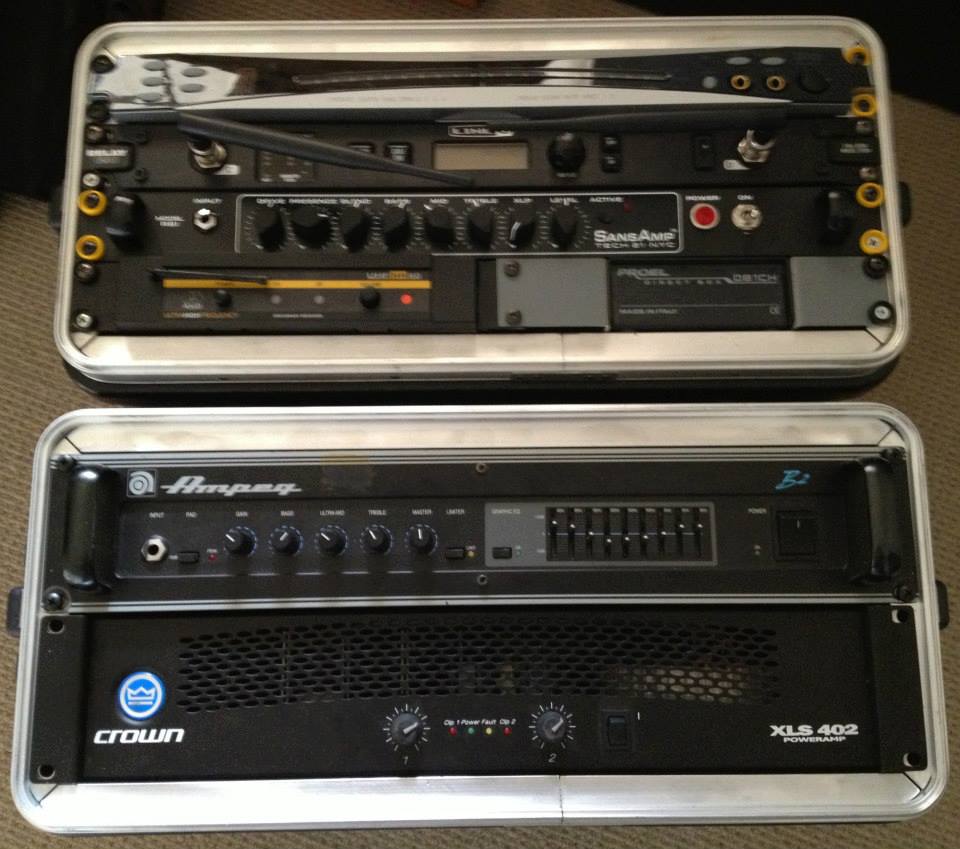
Something that has brought forward tremendous results amongst students I have taught over the years, has been the task of improvising over a genre of which they are not familiar. So much can be said for really listening to the harmony and rhythm of what is happening. In lead guitar playing for example, guitarists can learn a lot by listening to the rhythm tracks, rather than focusing too heavily on the lead lines.
Dr No’s Fantasy (the Elliot Fisher version) is a track that I used to use for this. I initially bought the ‘Bongoland’ album in one of my ‘I am going to buy something completely different’ missions. My rock, blues and metal-loving students actually really took to this exercise, because it showed them that there is more than just shredding in guitar playing, and it gave them a new challenge. There is always something new to learn.
As a side note, you can check out some more percussive playing in a genre that you might not have heard too much of, in my column on Space-Age Pop music.
Explore with their musical personality
Sometimes people can be naturally quite reserved, making it a little harder to have a free-flowing conversation initially. This is fine – people are all different, and not all of us are loud, confident, life-of-the-party sorts. In this case, ask your student what kind of music they like – is it crazy, slow, loud, soft, weird etc. They might think that their musical tastes are so unique that you won’t understand, but often this is only because most other people in their school or group are into something different.
For example, they might be creative, with a penchant for rock music. However, they might be sick of the more mainstream styles and enjoy listening to artists that are eclectic in their approach to making compositions. In that case, you can go with their musical personality and explore some Frank Zappa or Mike Patton. From Mike Patton you might show them Mr. Bungle and trace Mike’s influences back to one of my favourite eclectic composers – Les Baxter. It does not have to be complicated – if they like sad music, start with sad songs from artists who are similar to what they know, but who they haven’t heard yet. Again, it’s using communication and connection to engage interest first, then expanding their awareness from there.
Highlight pioneering uses / artists
Another way to encourage ‘appreciation’ is to introduce students to artists who broke ground in a genre or pioneered a technique or style of playing. Examples of pioneering artists include Alvino Rey, Grandmaster Flash, and Charlie Patton.
Bust myths/open closed-mindsets with examples
As musician’s progress, the hope is that their appreciation will grow not just for different people, but also for the fact that it’s not all about brand names or how fast you can play (though it is good to be able to play quickly when needed).
Often guitarists look to certain brands as good or bad depending on what a friend has said, even if that friend has never tried the brand themselves. An example of this is thinking that a brand such as Epiphone is not as good as a ‘real’ Gibson guitar. Although there may be some differences in stock standard issues; pair a great player with an Epiphone, or an inexperienced player on a “real” Les Paul and notice what happens!
A couple of good examples to demonstrate this is Slash using an Epiphone to record most of Appetite For Destruction, or Kurt Cobain using a $20 junk shop guitar to record Polly.
Opening one’s mind to trying different ways of doing things can lead to an appreciation for other’s efforts. It can cast away any ‘musical fears’ or prejudices around performance or music theory (which can be very helpful for songwriting or studio work).
Weekly ‘listen to/genre’ sheet
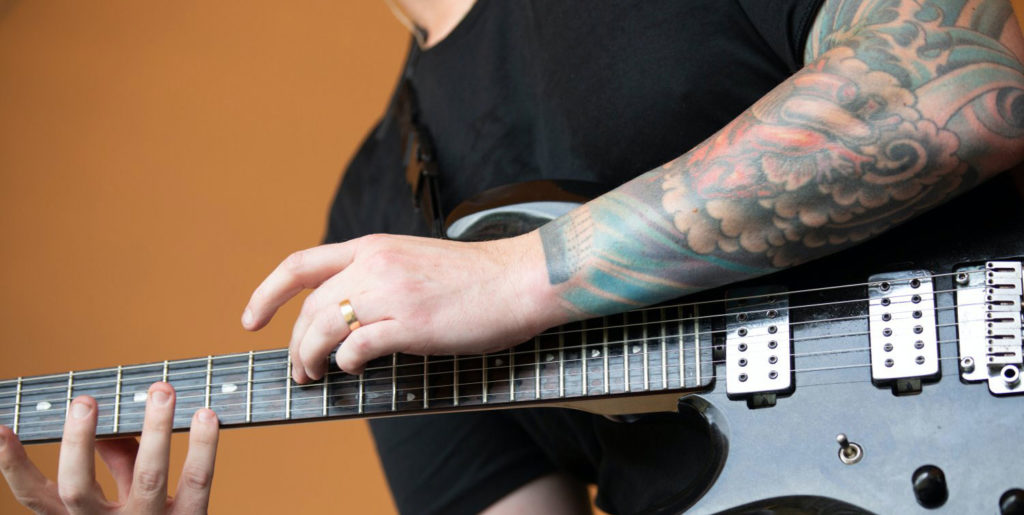
As a private music teacher for many years, I developed exercises for my students to aid in their growth; each with a purpose. My 50X Method was to make an example of the benefits of breaking things down, and to get students to realise that they could often memorise a riff or lick earlier than they thought. My Benchmark Lick exercise was to encourage practice through seeing the benefits of repetition and patience. I also asked students to use a weekly sheet in which they listened to artists whose music we were going over, and a genre in a similar field.
For example, if the student was researching or learning a song from a ‘Grunge’ artist, I would give them a sheet with a different artist in a related style for each day of the week. Monday might be Mudhoney, Tuesday – Nirvana, Wednesday – Mother Love Bone, Thursday – The Melvins, Friday – Pearl Jam etc. Then on the remaining two days, I would suggest a music documentary to watch, or ask them to look a little into a sub-genre from that time, such as Riot-Grrl or Alternative Rock. It pays not to get to picky about ‘What is or is not ‘true’ in that style – the exercise is more to open students ears and eyes to new things.
Explain the difference between ‘like’ and ‘appreciate’
Something that I always encourage with my students, is to be aware of what terms really mean. For example, in the Musicians Confidence course, I suggest being clear on the difference between confidence and arrogance. Getting the two confused has been at the root of many musicians’ low self-esteem.
Rather than defining yourself by a sub-culture, and despising anything that doesn’t fit that mould – you can learn and experience in a greater way by realising that you don’t have to ‘like’ something to ‘appreciate’ it. Sometimes two sides that at first seem to clash, are actually saying the same thing, it is just that they can’t hear each other because they are yelling. In more ways than one: Listen and learn.
Try this exercise from my Use Your Buzz to Play the Guitar beginners workbook:
Write down the names of 3 musicians that you don’t necessary ‘like’, but whose music, message or story you appreciate. Write down ‘why’ you appreciate them. This is a simple but effective exercise to get away from the black and white thinking that is easy to get trapped by.
Share how music has helped/why it matters
My last suggestion I will give you for a way to encourage music appreciation, relates back to the first point in the article – Appreciation can lead to honest communication, and in a classroom or organisation environment, that is something to be treasured!
Getting people to honestly share their experience is a very effective way to strengthen the bonds in a group, and it can result in musicians with very different cultures having respect for one another – even if their stylistic preferences are worlds apart.
As a teacher or member of an industry group, being open on how music has affected your own journey is not just inspiring but can also be the ice-breaker needed for someone else to ‘be themselves’. In a world where, for many, things might seem to be increasingly hollow; there is as much need now for honesty and good communication as there ever was.
Remember: Music Appreciation starts with being aware that people different to you have made some awesome things. That is just the beginning…
Author bio: Originally from New Zealand, Ryan Kershaw is a musician and music educator, author of “Use Your Buzz To Play The Guitar” and creator of the Musicians Confidence Course. He helped to strengthen the music education community in New Zealand by bringing organisations together including Music Education New Zealand Aotearoa, Smokefree Rockquest, and Independent Music New Zealand. He is the founder of the New Zealand Underground Festival, which provided New Zealand underground musicians with a platform to connect with the industry, and currently writes for The Guitar Association of New Zealand, Audioculture and Muzic.nz. Ryan is now based in Ireland and continues to record, play and teach music.
Web: ryan-kershaw.com Consultations available for musicians, music teachers and music organisations. Email: [email protected] to enquire
